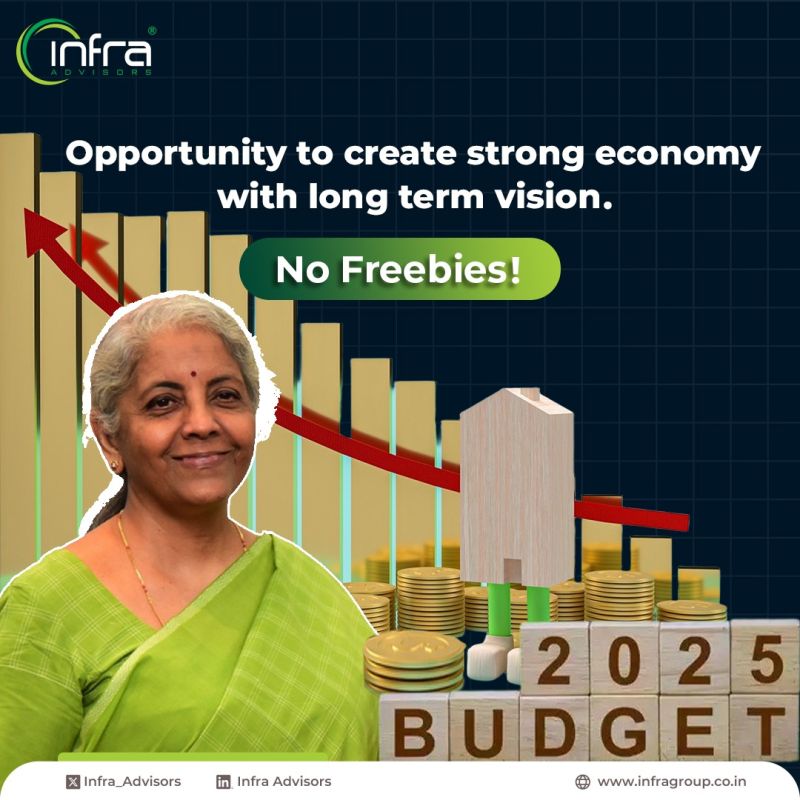India’s ecomomic and demographic realities demand a strategic shift in policymaking. Over the past few years, government schemes distributing financial aid, starting with flagship MNREGA or various state and central programs, have changed attitudes and orientation toward work. While these initiatives have provided temporary and immediate relief, they have not fostered sustainable employment generation and also ability and desire of the beneficiary to improve life at its own.
Despite multiple skill development and job creation programs, employment opportunities remain concentrated in a few sectors like infrastructure and services, industrialization has failed to generate the required workforce absorption. This calls for a structured, long-term vision in Budget 2025, not just for immediate relief but for sustained employment growth over the next few decades to meet upcoming job requirement.
With an increasing population, India must proactively create employment opportunities by integrating skill development into the education system at an early stage and age. Encouraging entrepreneurial thinking among students and fostering a supportive business environment will be critical to building a self-sustaining economy.
Unpredictable taxation regime and unwarranted strict regulatory enforcement have hindered the growth of small and medium enterprises (SMEs). A more predictable and enabling policy framework is essential to ensure entrepreneurship thrives rather than being stifled by bureaucratic hurdles.
With extensive experience in budget-making, the Finance Minister has the opportunity to bring a paradigm shift—one that promotes economic confidence, strengthens job creation, and ensures a robust future for India’s workforce. A visionary budget today will define the prosperity of tomorrow.


